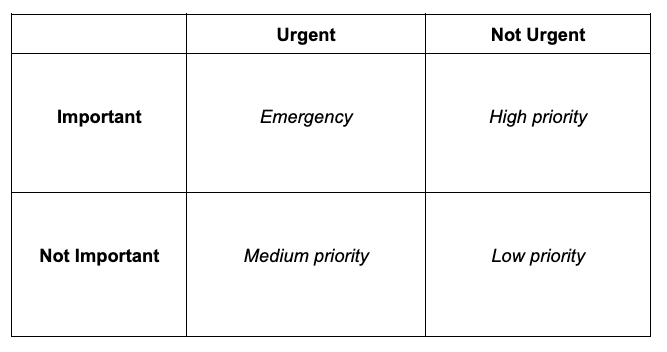Time Management: Definition, Examples, & TipsBy Justine Saavedra, M.S.
Reviewed by Tchiki Davis, M.A., Ph.D. Discover the benefits of time management. Find strategies and tools to develop better time management skills.
While everyone gets the same 24 hours daily, we all spend that time differently. This article will provide you with knowledge and tools to make the most of the time you have. Using the strategies and tips in this article can help you manage your time to utilize it more efficiently and might even help you gain some free time back.
Before reading on, if you're a therapist, coach, or wellness entrepreneur, be sure to grab our free Wellness Business Growth eBook to get expert tips and free resources that will help you grow your business exponentially. Are You a Therapist, Coach, or Wellness Entrepreneur?
Grab Our Free eBook to Learn How to
|
Are You a Therapist, Coach, or Wellness Entrepreneur?
Grab Our Free eBook to Learn How to Grow Your Wellness Business Fast!
|
Terms, Privacy & Affiliate Disclosure | Contact | FAQs
* The Berkeley Well-Being Institute. LLC is not affiliated with UC Berkeley.
Copyright © 2024, The Berkeley Well-Being Institute, LLC
* The Berkeley Well-Being Institute. LLC is not affiliated with UC Berkeley.
Copyright © 2024, The Berkeley Well-Being Institute, LLC





